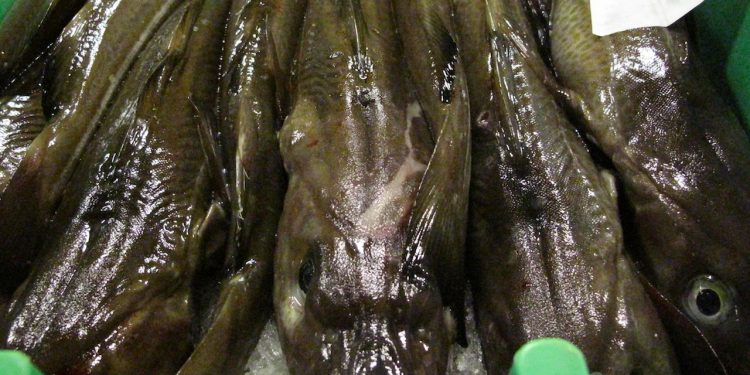The European Union has expressed its serious concerns that Norway and Russia, without seeking to co-operate with any of the other relevant stakeholders, are taking decisions that are leading to unsustainable exploitation as 2021 scientific advice, as provided independently by ICES, indicates that the cod stock’s deterioration is more rapid than expected.
According to the EU, scientists advise that to protect the Arctic cod, catches should be reduced by 43% in 2022, to be in line with the best available scientific advice for a sustainable management. Contrary to this, the Norwegian-Russian management plan, developed without involvement of the international stakeholders, allows for a reduction of only 20%, which the EU sees as a significant shortfall compared to the scientific advice.
‘Norway and Russia chose to deviate from the international gold standard of sustainable management, the so called maximum sustainable yield (MSY) principle, in managing this stock based on their bilateral management plan,’ an EU representative commented.
‘Even more worrying, from 2017 to 2020, the quotas for Arctic cod fixed by Norway and Russia even disregarded the level provided for by their bilateral management plan by continuously setting higher quotas.’
The EU is calling on Norway and Russia to co-operate on the management of this stock, together with all relevant parties with the objective of agreeing a sustainable and non-discriminatory management of Arctic cod.
‘While the EU and Norway have different interpretations of the Treaty of Paris governing the management of fisheries around the archipelago of Svalbard, for more than 35 years, together we have ensured a stable management of this stock,’ the EU spokesperson continued.
‘As a testimony to this successful cooperation, the EU would have expected Norway to engage with the EU prior to adopting a drastic change as compared to the past management and quota allocation practices.’
The recent decisions of Norway and Russia are seen as leading to greater pressure on this important fish stock, and to a discriminatory treatment of EU fishing operators, who see their long-standing rights not recognised by the Norwegian authorities, to the benefit of the Norwegian and Russian fishing industries.
‘The approach of setting quotas to be fished by other States, without involving those States, contravenes the international law of the sea; moreover, setting fish quotas above the maximum sustainable yield risks further deterioration of the fish stocks concerned,’ the EU states.









